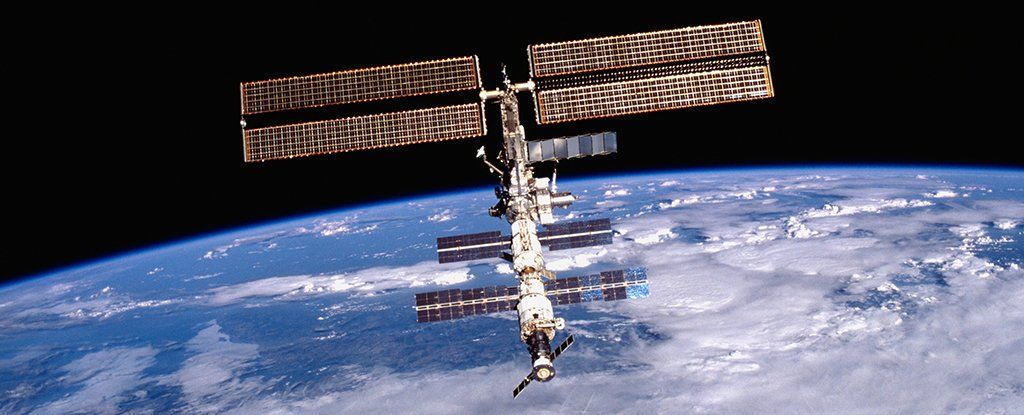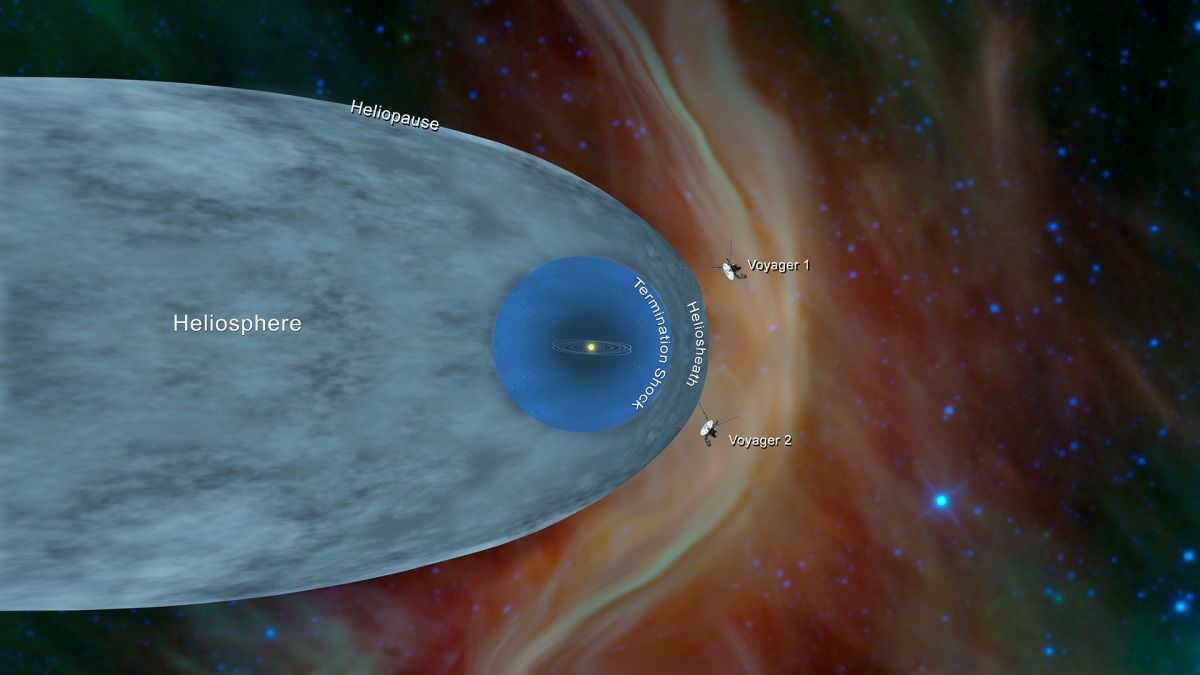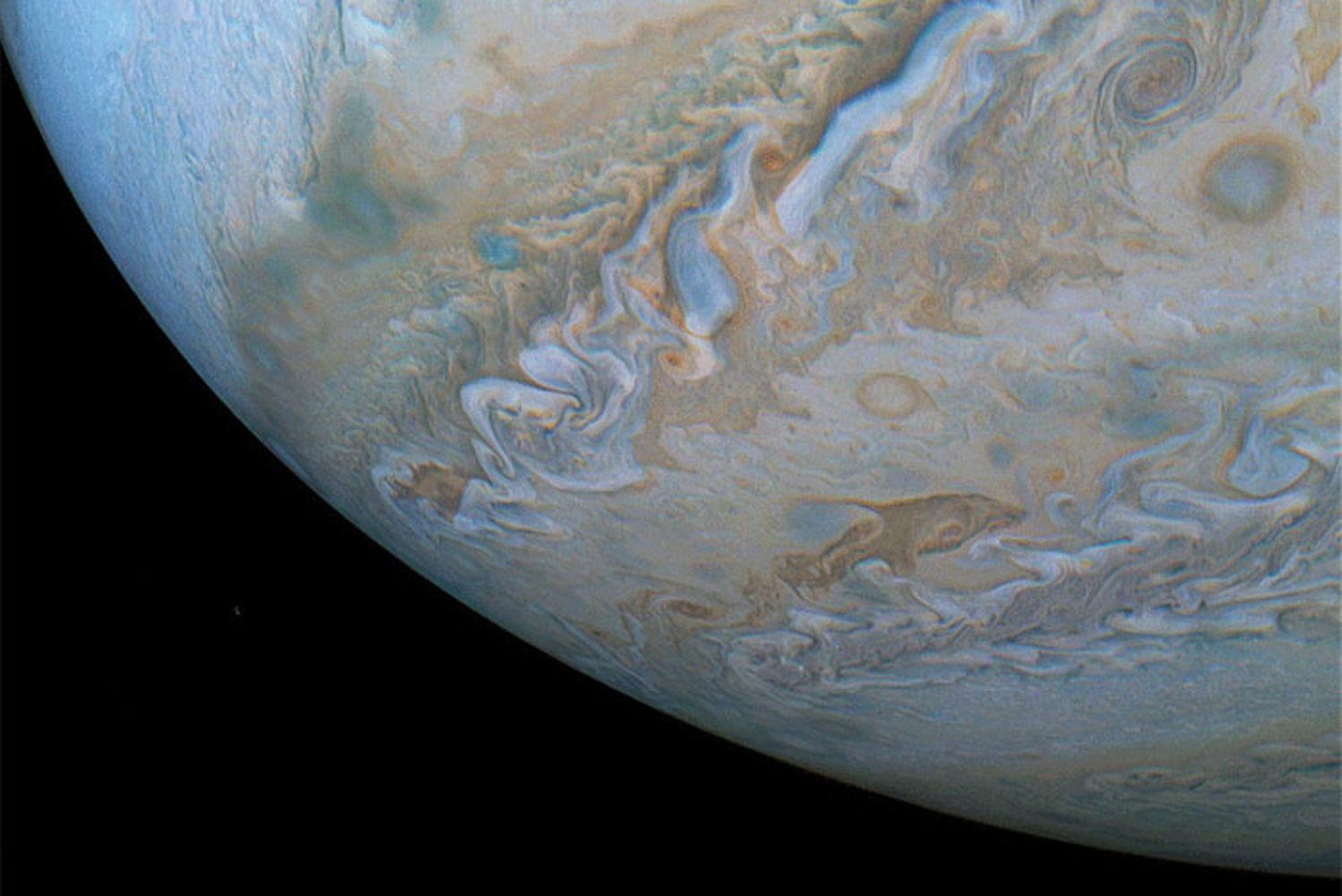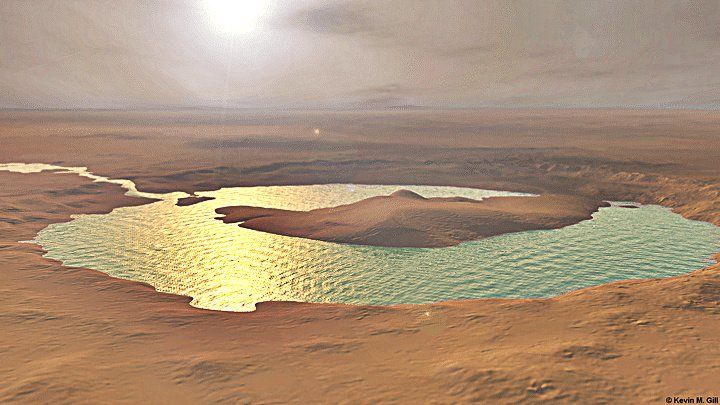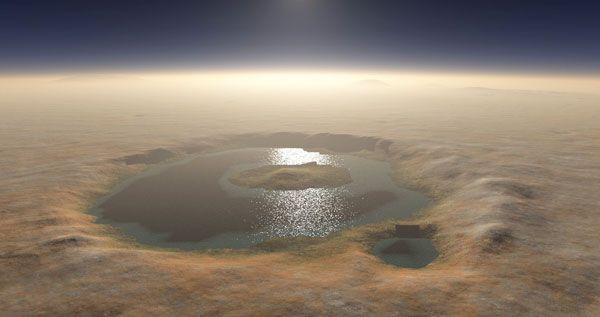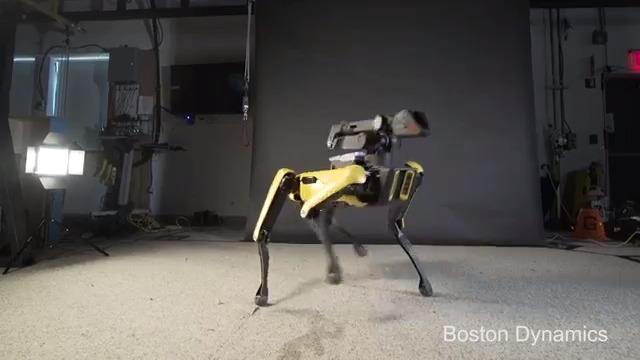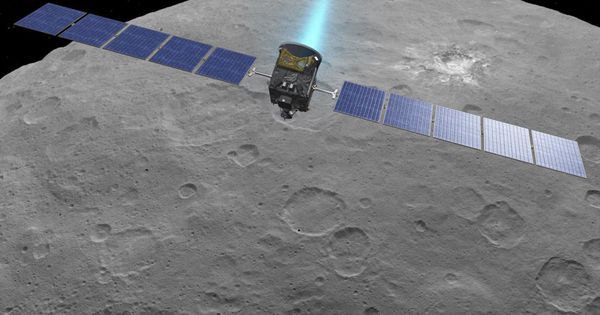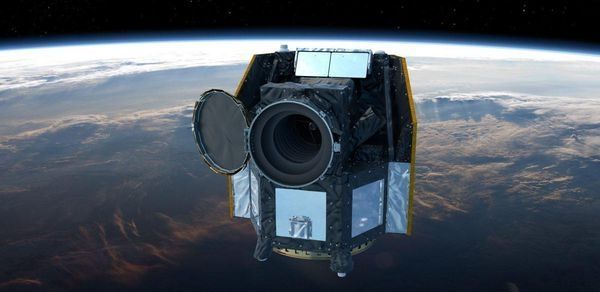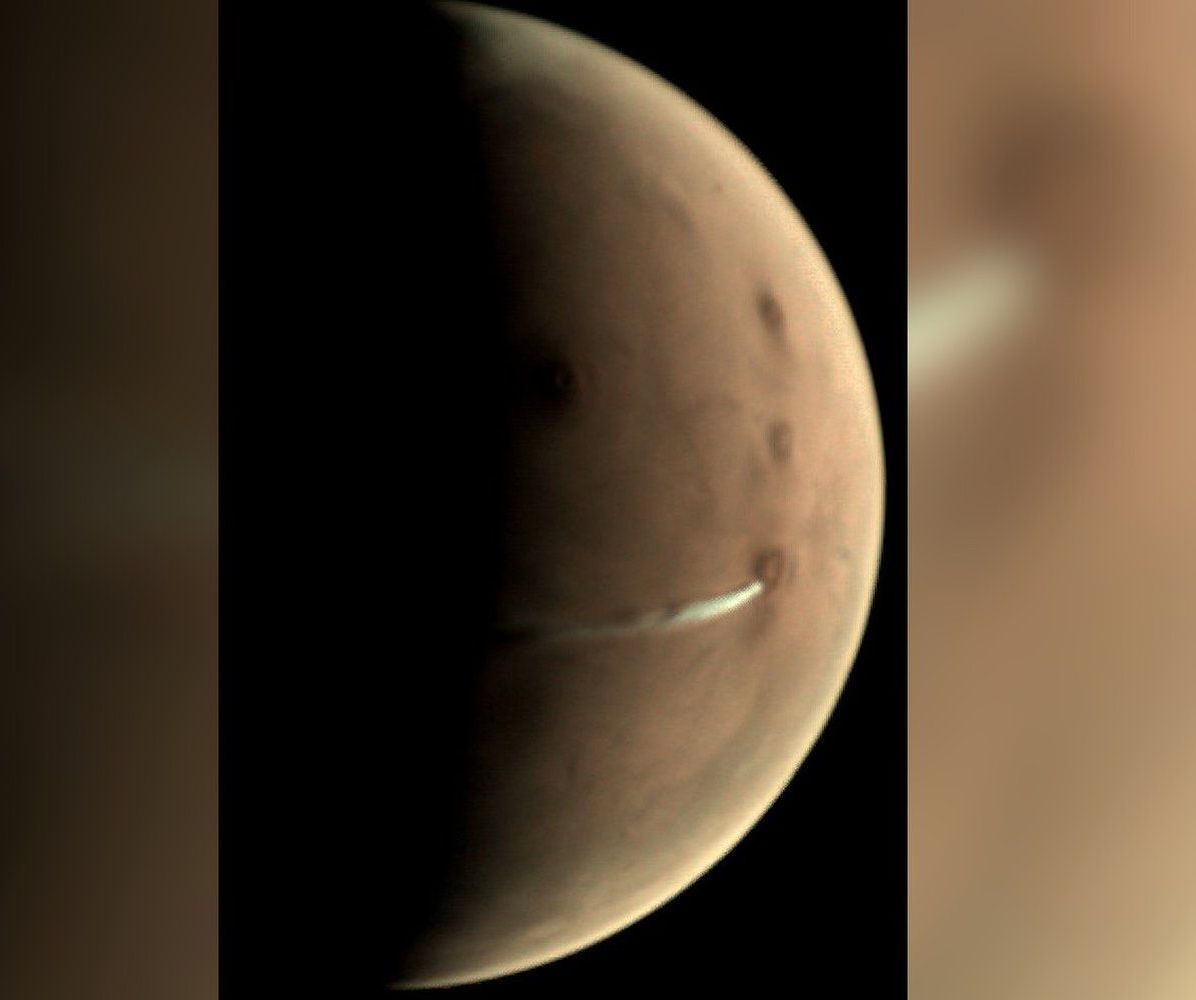MANILA, Philippines — Among the 2,729 teams in 200 locations all over the world who participated in the NASA Space Apps Challenge, an app made by Filipino innovators was nominated first time by NASA scientists and experts to become a finalist at the global level. Altogether, they will join the top 25 in competing for the six winners of the biggest hackathon in the universe.
The winning app seeking to communicate scientific data to fishermen even without Internet connection was made by IT professionals Revbrain G. Martin, Marie Jeddah Legaspi, and Julius Czar Torreda from team iNON, which stands for “It’s now or never.” Named ISDApp, from the Tagalog word “isda” meaning fish, it sends useful information to fishermen such as real-time weather, sunrise and sunset, wind speed, and cloud coverage to plan their fishing activities in catching more fish using the NASA GLOBE Observer app, a data collection from citizen scientists around the world used in concert with NASA satellite data to identify or communicate information, and educating the public about planet Earth. Fishermen will receive SMS notifications from the Amazon Web Services gateway while local government officials would manage their details using a smartphone app connected to the cloud. NASA scientists and experts consider this fisherfolk app made by Pinoys as one of the solutions “with the most potential to improve life on Earth or in the universe,” therefore nominated as global finalist for Galactic Impact.
The fishermen app won in the local level on Friday-Sunday, October 19–21, 2018 at De La Salle University, Malate, Manila, Philippines, in collaboration with the Embassy of the United States of America to the Philippines and PLDT. US Embassy deputy chief of mission John C. Law, PLDT Enterprise Core Business Research and Development head Leandro T. Santos, DOST-Philippine Council for Industry, Energy and Emerging Technology Research and Development deputy executive director Engr. Raul C. Sabularse, Department of Information and Communications Technology senior planning officer Yvette M. Cabrera, and Animo Labs executive director Federico C. Gonzalez served as jurors at the local level.
An emergency checklist kit app designed for disaster preparedness also won at the local level developed by students Jeorge Loui P. Delfin, Bluen Ginez, Samuel Jose, Rainier G. Narboneta, and Eugenio Emmanuel A. Araullo. Other projects and solutions developed during the hackathon are games using images from the Hubble Space Telescope, augmented reality mobile app to tell a story of the changes in the Arctic and Antarctic ice, artificial intelligence app helping scientists confirm the habitability of exoplanets, and story-based game using NASA Earth imagery. They joined together with teams of coders, scientists, developers, designers, storytellers, makers, builders, technologists, thinkers, entrepreneurs, and everyone around the globe working together in a 48-hour sprint to develop solutions to some of the most pressing challenges on Earth and in space, using NASA resources and data.
https://www.facebook.com/ArchersNetwork/videos/281167132522644
A day-long data bootcamp was held to learn new concepts, strategies and skills from keynote speakers, panelists, and mentors. Michael Carroll from Urban Engine in Huntsville, AL and NASA Earth Science Division senior advisor Dr. Patricia Jacobberger introduced Space Apps through a virtual talk while NASA astronaut Drew Feustel, orbiting aboard the International Space Station welcomed everyone to the event. US Embassy science fellow Dr. Anondo Mukherjee and US Fulbright fellow Sarah Marie Hartman gave an online lecture about the Earth’s environment. DOST-Advanced Science and Technology Institute acting director Dr. Joel Joseph S. Marciano, Jr. and PHL-Microsat program leader Dr. Marc Caesar R. Talampas discussed microsatellite development and advanced technologies in the Philippines.
Several mentors coming from different backgrounds such as YSEALI alumni Ryan Madrid and Malcolm Flores, De La Salle University professors Jordan Aiko P. Deja and Neil Patrick A. Del Gallego, PHL-Microsat engineers Ariston N. Gonzalez, Lorenzo Sabug, Jr., Benjamin Joseph D. Jiao, and Carlo D. Pastoral, Amazon Web Services developers John Luis Garcia, Dennis Magsajo, and Randy Bardaje, Animo Labs incubatee and MachiBox CEO Simon Gregory Mabanta, VR Philippines lead Cristopher David, Mobility IT 4 Youth lead Art Polo Gabriel III, nuclear physicist Dr. Jasmine Albelda, and entrepreneur Ibba Bernardo guided participants in creating their winning apps and solutions to solve problems on Earth and space. Department of Information and Communications Technology undersecretary Monchito B. Ibrahim gave an inspiring message to the participants. IdeaSpace and Animo Labs looked upon promising projects and solutions that might have a business potential.
During the hackathon period, teams are expected to find solutions to themed challenges put forth by NASA. They work together with the rest of the world on hackathon weekend to devise creative and innovative solutions to these challenges. Projects do not have to be apps and anyone does not need to become a computer programmer to participate. Participants collaborate to build anything — from open-source software, hardware, data visualizations, and citizen science platforms, to videos, art, and other communications solutions — aimed at addressing global challenges. The overarching theme of the 2018 challenges is “Earth and Space,” underscoring the connections between major challenges, and the potential solutions to them, both on Earth and in space. The 2018 mainstage Space Apps event was hosted by Urban Engine in the US Space and Rocket Center at Huntsville, AL, also known as “The Rocket City.”
Since its inception in 2012, the International Space Apps Challenge has become the world’s largest global hackathon, engaging thousands of global citizens to collaborate in building innovative solutions to complex challenges using NASA’s open data. Hackathons are technology development marathons that draw on the talents and initiative of bright-minded people. Space Apps inspires local innovation communities to convene, cooperate, and create.
The 2018 hackathon was organized by Matt T. Keener, Jeanie M. Duwan, Randolf D. Mariano, and Xavier E. Lara from the American Spaces Philippines of the US Embassy and Kai Shan L. Fernandez, Christine M. Abrigo, Donna Lyn G. Labangon, Kevin Anthony Y. Kaw, and Dr. Rafael A. Cabredo from De La Salle University. Another hackathon was organized at Makati-Bonifacio Global City by Womensphere. In the past years, Tzar C. Umang brought Space Apps in Dagupan, Pangasinan on 2016 while Art Polo Gabriel III, Wilson Censon, and Tito Mari Francis Escaño organized one in PLDT InnoLab in Mandaluyong, Metro Manila. De La Salle — College of Saint Benilde also hosted Space Apps on 2017 by Dr. Edward M. Moises, Norman Lee, and Catherine Valdellon-Mojado.
Lead organizer Michael Lance M. Domagas is very thankful that NASA scientists and experts recognized the skills and talents of Filipinos in building projects and open-source solutions that address real-world problems, on Earth and in space, and hoping that Filipinos would win the competition.



